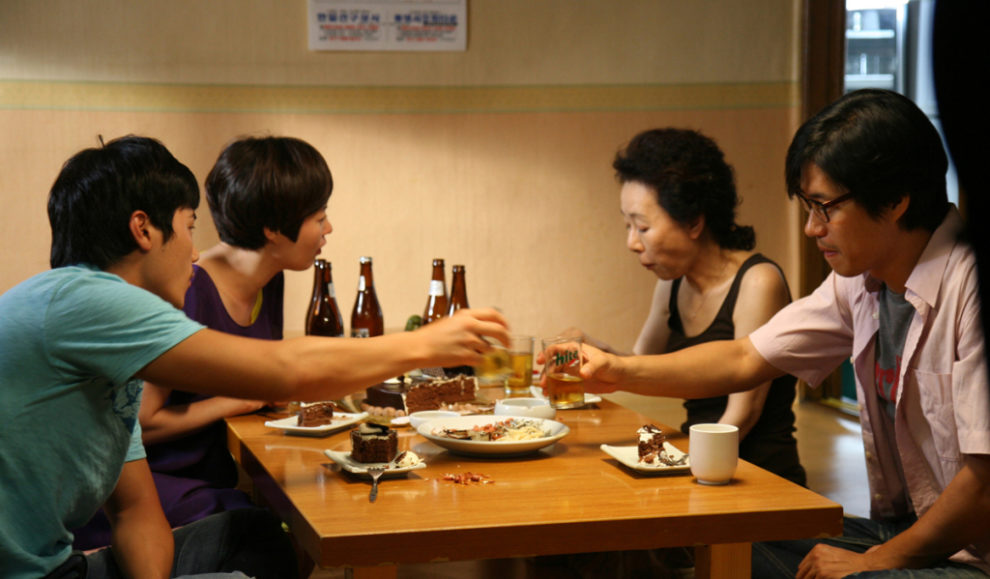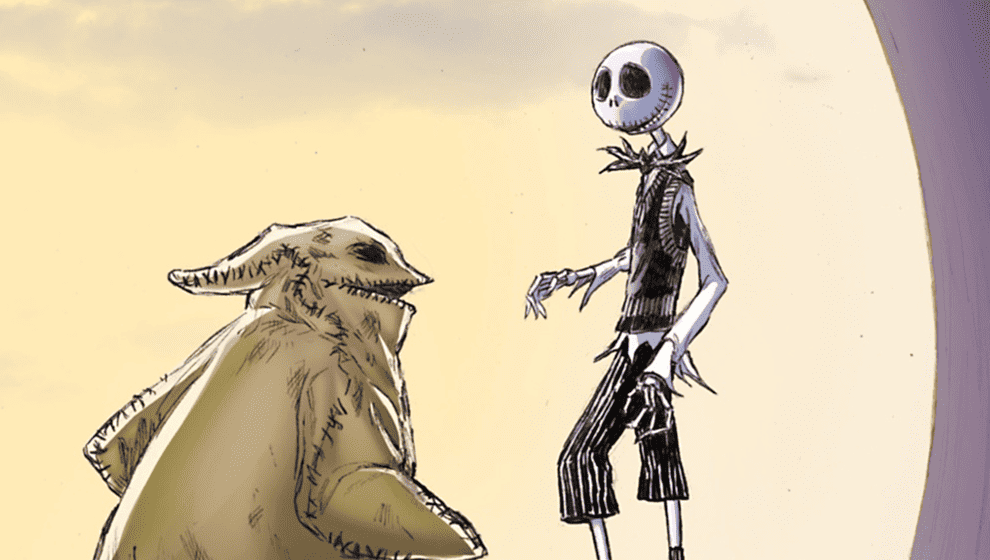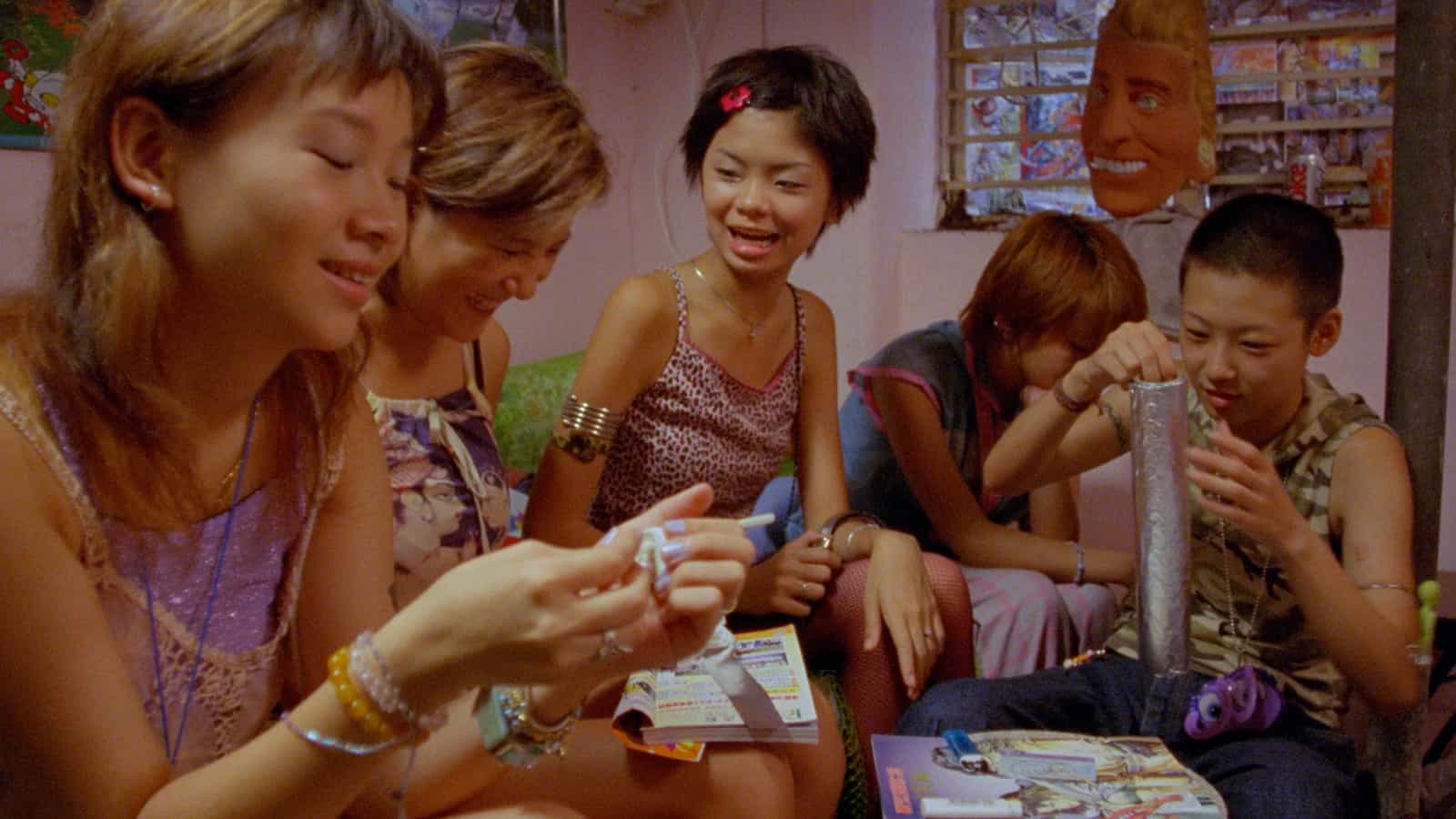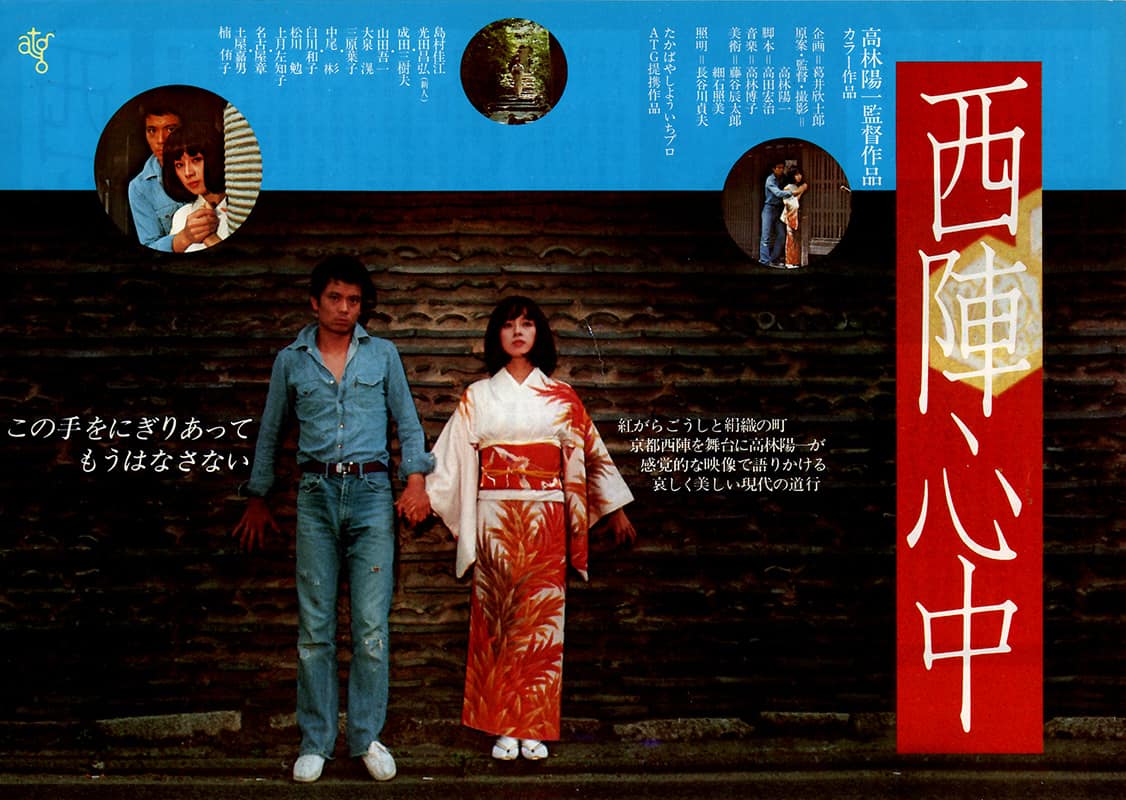In true Hong Sang-soo fashion, “Hahaha” is riveting in its surface level simplicity, with a remarkable amount of underlying depth. Featuring fantastic performances from Kim Sang-kyung, Yoo Jun-sang and recent Oscar winning Youn Yuh-jung, “Hahaha” is a must watch for any arthouse enthusiast.
“Hahaha” is screening at the Florence Korea Film Fest

“Hahaha” tells the intertwined story of two men, movie director Jo Moon-kyung (Kim Sang-kyung) and writer Bang Joong-sik (Yoo Jun-sang), who catch up while having a drink, both narrating the story of their recent travels to the same town of Tongyeong, South Korea. Unbeknownst to both of them, their stories are heavily connected, with each interaction having an impact on the other's story, and characters overlapping.
If you enjoy Hong Sang-soo, there is no reason you shouldn't love “Hahaha”. It ticks all the HSS boxes, and it does so in an incredible way. When watching “Hahaha”, you come to realize that this is a subgenre of true realism, somehow making everyday conversations and adventures seem exciting. This was achieved by making an incredibly solid and ambitious screenplay, every line feeling real, with weight to it. For such a dialogue heavy film, it is surprisingly light, due to its density in humor. Without getting overbearing, the screenplay really takes you by surprise in this aspect, and it's probably Hong Sang-soo's most humorous film.

Another characteristic of Hong Sang-soo's films that heavily shows in “Hahaha” is the strong focus on actor performances. Each and every performance in this production is fantastic. Starting with the two male leads, Kim Sang-kyung and Yoo Jun-sang are incredible as the feeble-minded director and complex writer. They manage to convey themselves as troubled men who deserve sympathy but also deserve condemn, all the while not really realizing it themselves. Their simple mindedness shows itself in their performances, and they feel like real people. In turn, Wang Seong-ok, as played by Moon So-ri, ends up being involved in both of their lives rather heavily as well, and she does so in a terrific way. Despite probably being the furthest away from being a genuine person, her comedic timing, as well as her way of making scenes feel much more light, add to the themes tremendously.
Besides that, supporting cast members Ye Ji-won, Kim Kang-woo and Youn Yuh-jung are all very memorable as well, and it's impossible not to feel some kind of compassion for all of them. The characters get their time to breathe and take the time that they have to really make their roles stand out. This elevates the whole film, and keeps you engaged in each character and storyline.
The cinematography and editing in “Hahaha” is an acquired taste, and it's not at all impossible that this is the single most dividing quality in Hong Sang-soo's films. Park Hong-yeol does most of Hong Sang Soo's productions, and always does so in a distinct manner. His handheld cinematography is charming and used well, for both comedic and dramatic effect, but continues to also be distracting. In turn, the choice for present-day black and white slideshows with a voiceover is also a daring choice that won't suit everyone's taste. The music by composer Jeong Yong-jin is probably less divisive, as it's a rather simplistic score that only adds to the film, without becoming too domineering.
“Hahaha” ends up doing exactly as it intends. It's gorgeous, calming, and simple. With its ambitious script, fantastic acting, and its surprisingly great humor, “Hahaha” feels like a window into two other people's lives. It's like hearing your friend tell you a story, and actually being able to visualize it.















